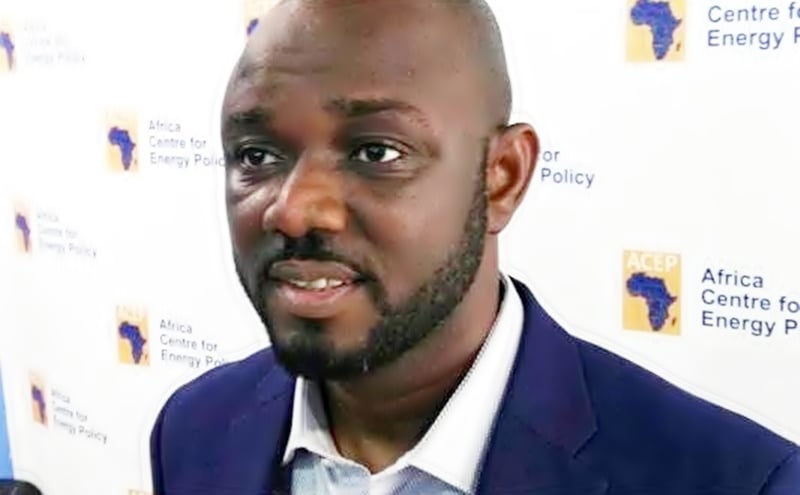The Africa Centre for Energy Policy (ACEP), through its Executive Director Ben Boakye, has issued a strong call for reform of the Minerals Income Investment Fund (MIIF), highlighting significant concerns about its operations and urging President John Dramani Mahama to ensure the fund’s resources genuinely benefit the Ghanaian people. Boakye’s critique centers on the fund’s controversial origins, its current discretionary spending practices, and the perceived lack of transparency surrounding its activities. He argues that MIIF, initially established to facilitate the contentious Agyapa Royalties transaction, continues to operate in a manner that deviates from its intended purpose, necessitating immediate government intervention to redirect its resources towards national development priorities.
The controversy surrounding MIIF stems from its connection to the Agyapa Royalties deal, a complex financial arrangement orchestrated by the previous administration. This deal aimed to monetize Ghana’s gold royalties through a listing on the London Stock Exchange, effectively selling off a significant portion of future revenue streams. The proposed Agyapa deal valued royalties from 48 mining concessions at a substantial US$1 billion, with the intention of selling 51% of this value for US$500 million. Civil society organizations (CSOs), including ACEP, vehemently opposed the Agyapa transaction, raising concerns about the lack of transparency and the potential for long-term revenue loss to the state. They argued that the deal undervalued Ghana’s resources and lacked sufficient safeguards to protect the nation’s interests.
Boakye’s critique emphasizes the perceived lack of parliamentary oversight and public awareness regarding the true intentions behind the MIIF Act. He contends that the legislation establishing MIIF was primarily designed to pave the way for the Agyapa deal, bypassing proper scrutiny and potentially undermining the nation’s long-term financial stability. The significant public backlash against the Agyapa deal ultimately led to its suspension, preventing what CSOs viewed as a detrimental loss of US$1.08 billion in royalties over four years. However, despite the shelving of the Agyapa deal, the MIIF remains active, and Boakye contends that its operations continue to raise red flags.
A central point of concern raised by Boakye is the alleged misuse of MIIF resources for discretionary spending, including funding for events such as school reunions and political gatherings. He argues that these expenditures represent a misallocation of public funds, particularly at a time when Ghana faces economic challenges and citizens bear the brunt of austerity measures. The contrast between MIIF’s significant cash reserves and the economic hardships faced by ordinary Ghanaians further underscores the urgency of addressing the fund’s operational issues. Boakye maintains that MIIF’s resources should be directed toward critical development priorities, aligning with the fund’s original mandate to benefit the Ghanaian people.
The call for reform of MIIF emphasizes the need for greater transparency and accountability in the fund’s operations. Boakye insists that the current administration should prioritize reversing the “unfortunate situation” surrounding MIIF and ensure its resources are utilized for tangible development projects. He asserts that the CSOs who successfully resisted the Agyapa deal expect the current government to take decisive action to ensure MIIF fulfills its intended purpose. This includes implementing robust oversight mechanisms, prioritizing development-focused investments, and fostering public engagement in the fund’s decision-making processes.
The future of MIIF, therefore, hinges on the government’s responsiveness to calls for reform. The fund, established by the Minerals Income Investment Fund Act, 978 (as amended), is mandated to maximize the value of dividend and royalty income accruing to Ghana in a beneficial, accountable, and sustainable manner. The realization of this mandate requires a comprehensive review of MIIF’s current practices, including its investment strategies, expenditure patterns, and governance structure. The expectation is that the government will prioritize transparency, accountability, and public engagement to ensure MIIF becomes a vehicle for sustainable development and contributes meaningfully to the well-being of all Ghanaians. This involves not only addressing the immediate concerns regarding discretionary spending but also establishing long-term mechanisms to prevent future misuse of funds and ensure alignment with national development goals.














